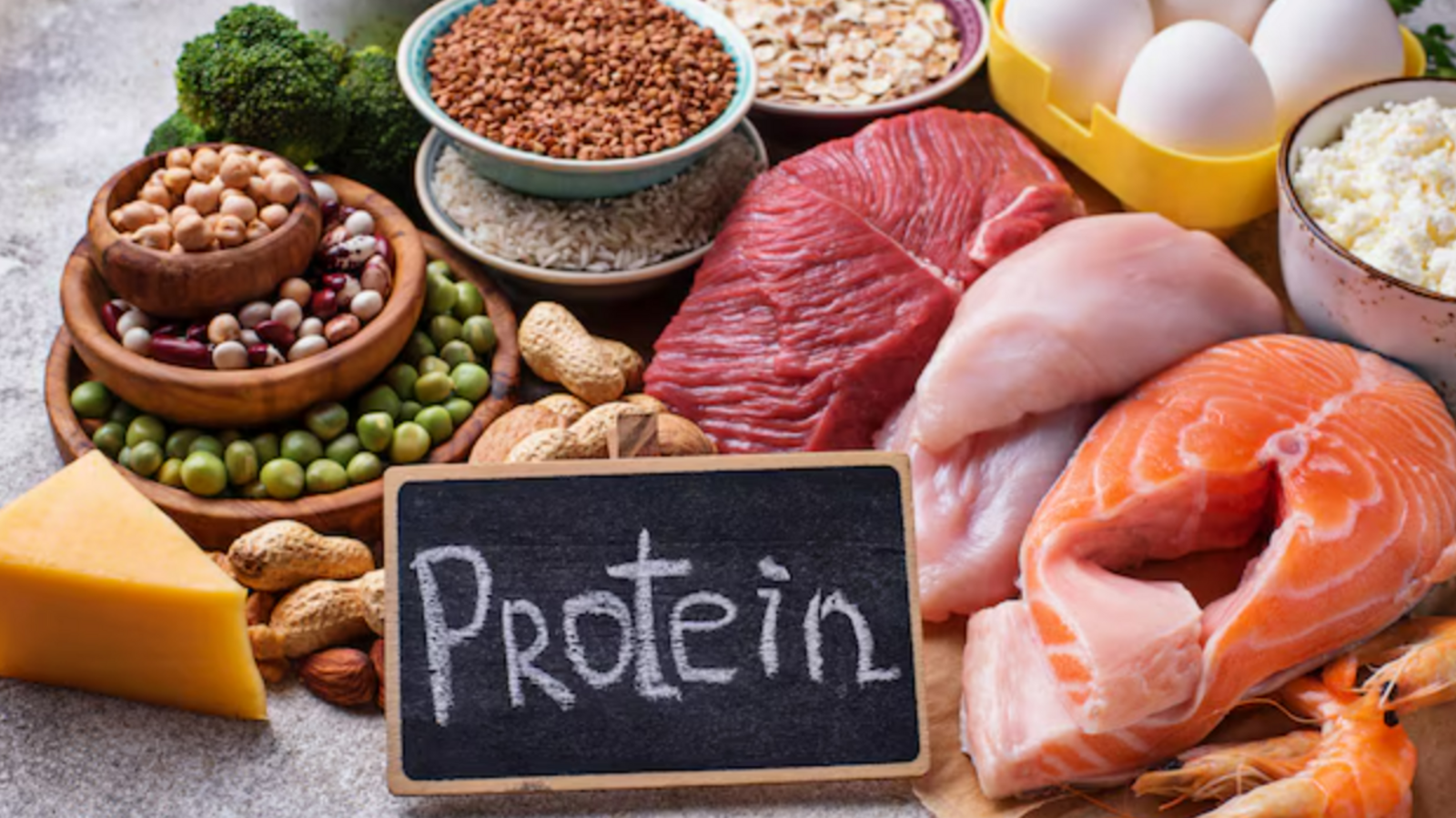Protein is essential for muscle repair, hormone production and overall health, but many people still don’t get enough in their daily diets. From constant fatigue to unexpected cravings, your body often sends subtle signals when it’s lacking this vital nutrient.

Dillon Swinney, fitness coach, often shares insights related to health and wellness with his Insta Family. In his April 25 post, he revealed eight signs that may indicate you’re not eating enough protein. (Also read: Fitness coach shares 7 simple secrets to lose weight easily: ‘Follow the 80/20 principle’ )
1. Persistent muscle soreness
If your muscles stay sore longer than usual after workouts, it could be because your body isn’t getting the protein it needs to repair and rebuild.
2. Decreased strength and performance
Not hitting your fitness goals? Lack of protein might be affecting your endurance, strength, and overall performance.
3. Frequent fatigue
Feeling drained all the time? Protein helps provide energy and supports your metabolism. Without it, low energy levels can become your norm.
4. Slow injury recovery
Protein plays a vital role in healing tissue. If injuries are taking longer than usual to heal, it might be time to look at your protein intake.
5. Increased body fat
Not eating enough protein can lead to muscle loss, which slows down your metabolism, making it easier to gain fat over time.
6. Getting sick more often
Your immune system depends on protein to function effectively. Skimping on it might leave you more vulnerable to illness.
7. Hair thinning and brittle nails
Hair and nails are primarily made of keratin, a type of protein. Without enough of it, you might notice your strands weakening or your nails breaking easily.
8. Intense cravings and overeating
Still hungry after meals? Low protein can cause imbalances in hunger hormones, leading to sugar cravings and overeating.
Note to readers: This article is for informational purposes only and not a substitute for professional medical advice. Always seek the advice of your doctor with any questions about a medical condition.




